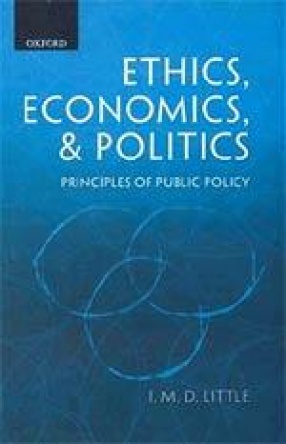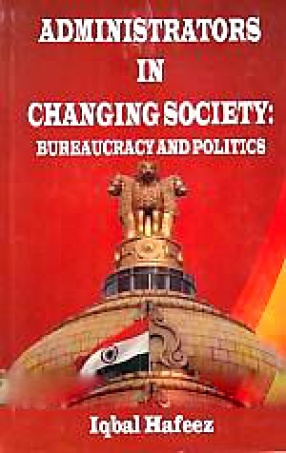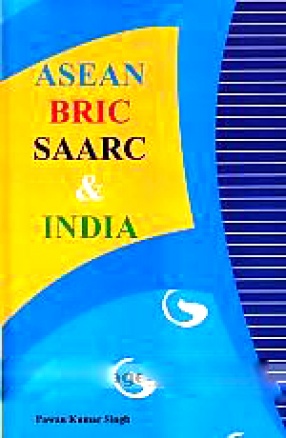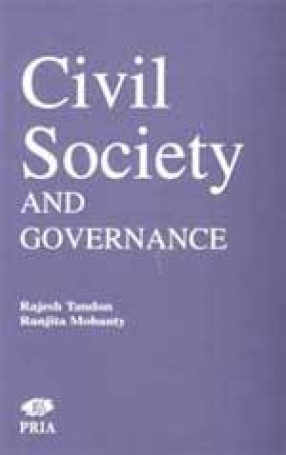This book studies the interfaces of ethics, economics, and politics, which together constitute and determine the core principles of public policy. Any well-considered view of the most desirable role of the state implies some serious thinking about the rub off of normative economics with moral and political philosophy as well as positive politics. Underlying any coherent public policy there must be a relevant moral code. In this perspective, the volume, in four parts, examines the interlinkages between: Economics and philosophy, by an analysis of risk vis-?-vis personal and collective utility, and implications for welfare; Politics and philosophy, through discussions on the role of the state, utilitarianism, justice, equality, contractarianism, and communitarianism; Economics and politics, by exploring the distinctions between democratic and authoritarian governments and economic policy practices under the two, the growth of government in industrialized countries, policy reform in developing countries, rent-seeking and corruption; The principles of public policy as enshrined in the trinity of Ethics, Economics and Politics within a philosophical framework. Ian Little, author of the influential A Critique of Welfare Economics, presents complex interdisciplinary arguments through clear and elegant exposition. Students of economics, teachers and researchers as well as all those concerned with political decision making will find this work useful.
Administrators in Changing Society: Bureaucracy and Politics
The scholarly study deals ...
$43.20
$48.00





There are no reviews yet.